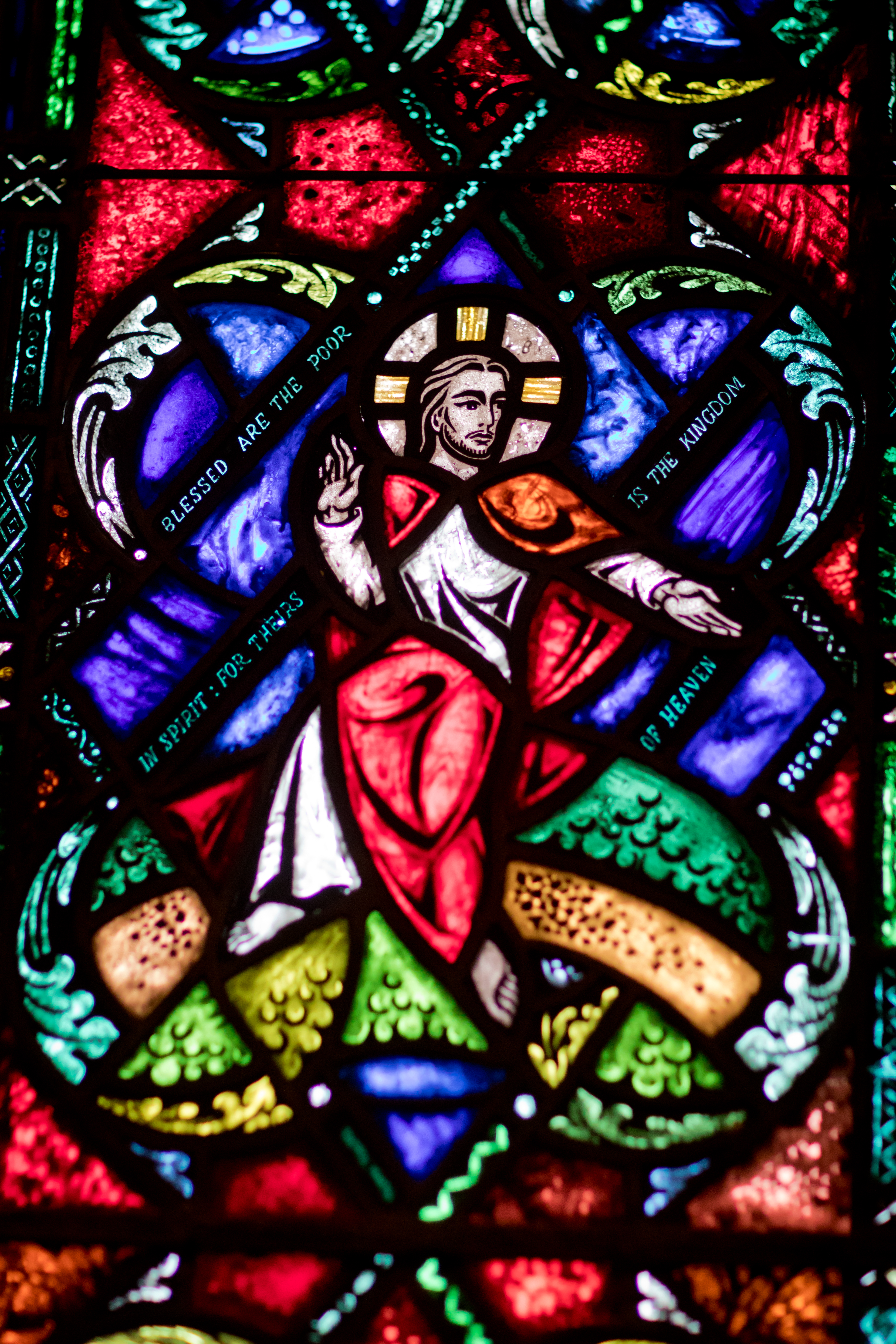
Mount Olivet News
Current and Archived Updates
1700 Chapel Hopes and Dreams
“What are we going to do with the 1700 Chapel?” That may have been the most frequent question I was asked in my first two years at Mount Olivet. As we were approaching our 100th anniversary at the time, I would typically respond, “Let’s get through the Centennial and then we’ll figure it out.” Well, as you remember, 2020 ended up being about far more than just our Centennial as together we weathered the pandemic! This side of the pandemic, we have emerged stronger than ever before and can now explore the most faithful use of that important space.
Two elements of our history will set the stage for our plans. First, the 1700 Chapel was built in 1938, the first actual “church” that provided a home to the Mount Olivet congregation formed in 1920. Within a few years, it was apparent the congregation was already outgrowing their building and so they built what we now call the Minneapolis Campus in 1948, right across the street. Then the chapel was sold to First Church Christian Scientist to help pay for the new building. In 2011, we had the opportunity to buy the building back. For several years we used it as a additional location for weddings and Sunday School, and we still use it for overflow parking.
Second, one of Mount Olivet’s core values has been to respond to the needs of the community. This is evident in our Affiliated ministries: Mount Olivet Home, Careview Home, Day Services, Mount Olivet Rolling Acres, our Counseling Center, and more. So it’s natural to see the location of the 1700 Chapel as an opportunity to address the growing need for deeper connectedness and community awareness. This has led us to propose building a community gathering place, with ample room for community groups to meet, hold events and activities, promote the needs and opportunities of our community, and to gather socially. Toward this end, we imagine building and operating a community center that incorporates a coffee house and small-scale brewery to help create a place where people can gather, socialize, and learn about opportunities to get involved in the community.
Several of the central values guiding this project include the following:
- Giving Back. It will be run as a separately incorporated not-for-profit, where all net proceeds will be given back to the community through grants to community groups, organizations, and projects (including support for our Affiliates).
- Community-Focused. We will design ample space for groups to meet and use for events to strengthen our community and bring greater awareness to opportunities to volunteer.
- Environmentally Sustainable. We plan to reclaim as much of the current building as possible and build a new structure that is as “environmentally sustainable as reasonably possible.” That is, we are focused on steps we can take to approach zero-emissions that are within the reach of ordinary people, hoping that this building inspires others to consider how they can support the environment.
- Promote Volunteerism. We want to heighten awareness of what’s going on in our neighborhoods and provide opportunities for people to get involved, make a difference, and feel more connected to others while doing so. Toward that end, the working name of this space is: The Mount Olivet Volunteer Public House or, “The Volunteer,” for short. 🙂
Thus far, we’ve taken several steps toward realizing this dream.
- We first explored remodeling and renovating the existing building with a thorough review of the costs to address deferred maintenance and update the facility. The anticipated expense was close to what it would cost to build new, even though the renovated building would not be environmentally sustainable and would still be sitting on a foundation of 85 year-old wooden timbers in a very wet part of the city. For this reason, we are now focused on constructing a new building designed to best suit our purposes and be environmentally sustainable.
- Second, we interviewed several architectural firms, settling on HGA, who designed the addition to the American Swedish Institute, the taproom for Surly Brewing, The Church of the Resurrection (United Methodist Church) outside of Kansas City, and many more.
- Third, we worked with our Personnel and Finance Committee and Church Council to approve funding to explore the feasibility of this project.
- Finally, in recent weeks, we’ve had several meetings with representatives from the City of Minneapolis, including the City Planning and Zoning Commission, the Historic Preservation Commission, and our City Council person, Linnea Palmisano. We’ve also engaged the Lynnhurst Neighborhood Association to share our hopes and seek their counsel in how best to communicate with and engage our neighbors.
Next steps include holding one or more community forums to share plans with neighbors and seek their input. With that input, we will then apply to the city for, first, permission to demolish the existing building and, second, a zoning change to accommodate our plans. If we receive a “green light” on these two issues, we will then work to develop both a business plan and architectural plans and move toward construction. I do not imagine a capital campaign for this project as it should generate sufficient revenue to pay for a mortgage and still have funds remaining to donate to community groups.
While we are still far from putting a shovel into the ground, I wanted our congregation to know of our hopes. We will share updates as they come, including dates for any community forums. For now, I look forward to engaging our neighbors to see how we can continue to, as the prophet Jeremiah declares, “seek the welfare of the city.” Thanks, always, for your support and prayers!
Pastor Lose
David J. Lose, Senior Pastor